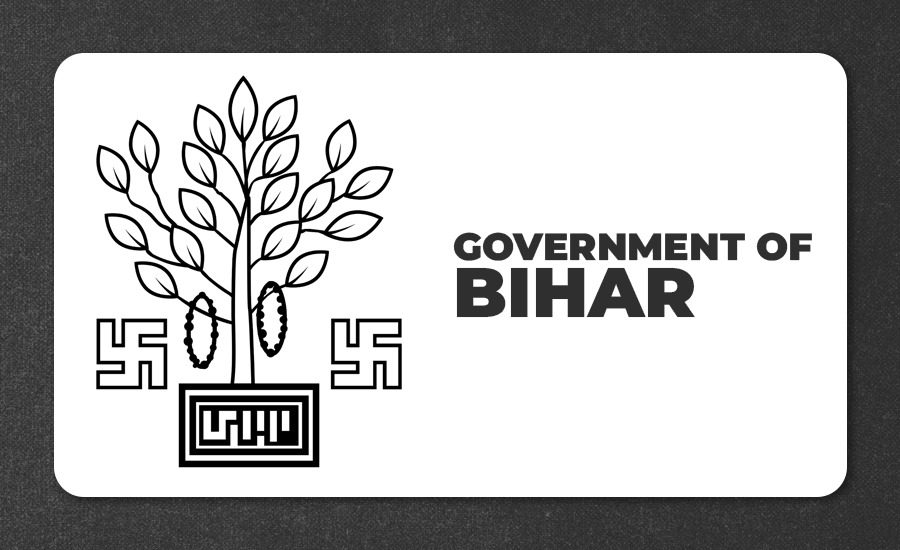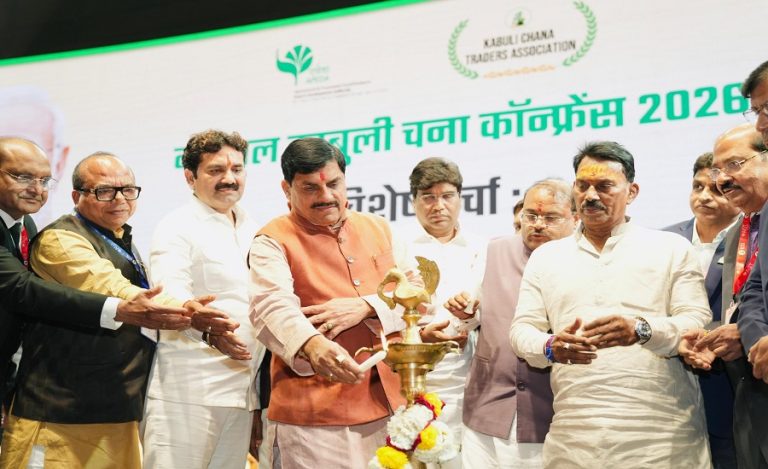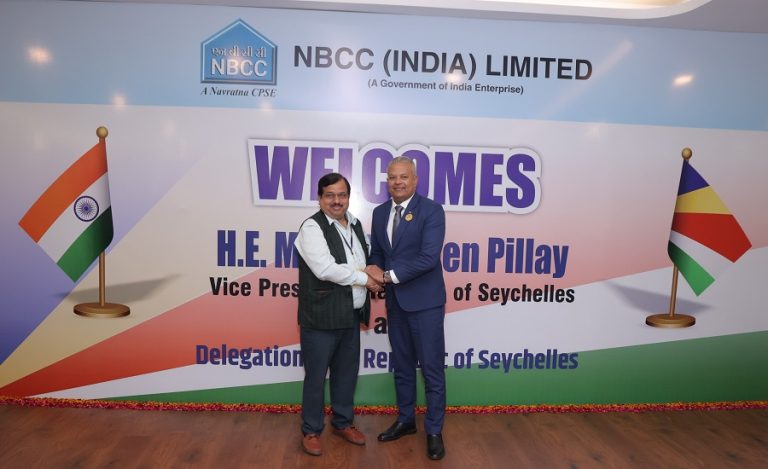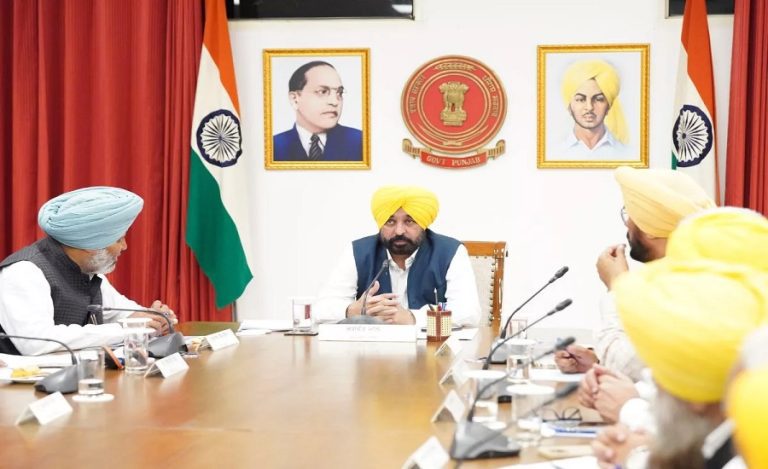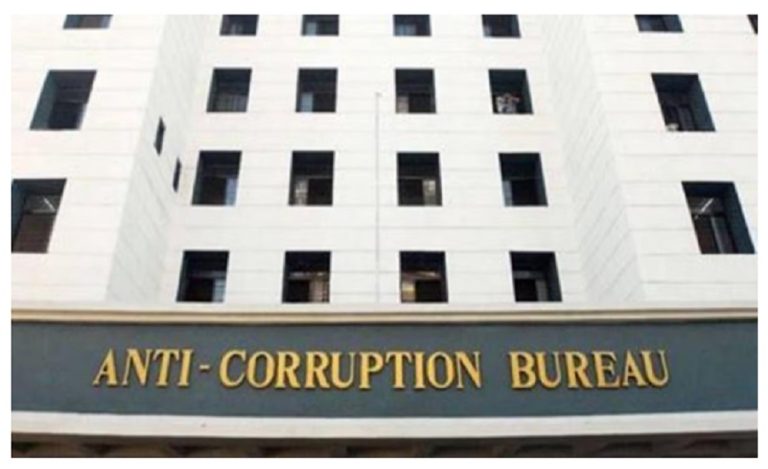Patna: In a landmark move to transform water management and mitigate flood risks across Bihar, the State Cabinet has approved the Bihar Water Security and Irrigation Modernization Project (BWSIMP), a comprehensive ₹4,415 crore initiative in collaboration with the World Bank.
The project aims to modernize the state’s irrigation systems and enhance flood risk management capabilities, ensuring greater agricultural resilience and disaster preparedness. Of the total project cost, ₹3,090.50 crore will be financed by the World Bank, while the remaining ₹1,324.50 crore will be contributed by the Bihar government.
According to the Department of Water Resources, BWSIMP is designed to address long-standing issues of flooding, drought, waterlogging, and outdated irrigation infrastructure, affecting almost all regions of the state. The initiative will directly benefit districts vulnerable to climate-related challenges.
Four Major Components of BWSIMP
The project comprises four key components, with specific allocations-
- ₹2,487 crore for climate-resilient irrigation development
- ₹1,525 crore for flood risk mitigation
- ₹243 crore for improved water governance
- ₹160 crore for project management and implementation
Implementation will be overseen by the Department of Water Resources (Nodal Department), in coordination with the Departments of Rural Development and Agriculture, over a seven-year period beginning FY 2025–26.
Irrigation Modernization and Infrastructure Upgrades
BWSIMP will focus on upgrading and rehabilitating critical irrigation systems, reducing dependence on erratic monsoon patterns. Major planned works include-
- Rehabilitation of Son, Gandak, and Kosi barrages
- Modernization of the Son Western Main Canal
- Renovation of the Western Kosi Irrigation Scheme, Zanzarpur Branch Canal, and Saran Main Canal (17–35 km section)
- These upgrades aim to ensure consistent irrigation access for farmers, even during adverse weather conditions.
Comprehensive Flood Risk Reduction Measures
To minimize the impact of floods, the project will also undertake the rehabilitation and strengthening of key embankments and spurs. Advanced mapping and design technologies, developed in collaboration with World Bank consultants, will guide this work.
Highlighted interventions include:
- Strengthening and paving of the Bagmati Left Embankment
- Anti-erosion measures in Kursela block, Katihar district
- Rehabilitation of 11 spurs along the Sikarhatta Manzari Dam
- Strengthening of 25 spurs on the former Kosi Embankment
Institutional Strengthening and Coordination
Beyond physical infrastructure, the project seeks to build institutional capacity, promote stakeholder coordination, and enhance emergency response mechanisms for flood and drought scenarios.
Officials state that BWSIMP marks a crucial step toward achieving sustainable water security in Bihar and will have a significant socio-economic impact, especially for the state’s agrarian communities.

